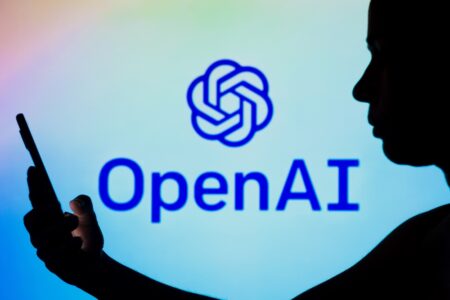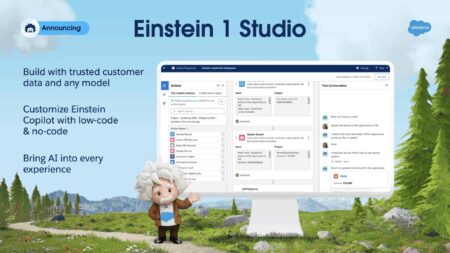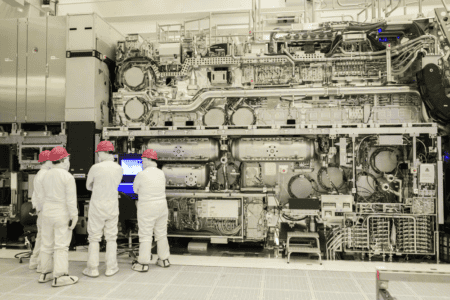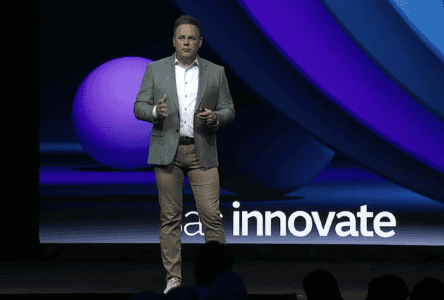Salesforce has introduced a new service called Einstein Voice. This should make it easier for enterprises to adopt artificial intelligence (AI) assistants.
The most important part of Einstein Voice is the Einstein Assistant, reports Silicon Angle. That’s an AI that’s modelled on the Amazon Alexa, for example. Employees can talk to Salesforce’s customer relationship management platform using voice commands.
In this way, the service hopes to free up time that users are now spending on locating and managing customer details within Salesforce. It is now possible to use a simple voice command to find data. Users can also submit multiple requests one after the other if, for example, the Einstein Assistant needs to find a specific data point within a file.
Daily Briefings
The support for manual searches is now supplemented by so-called Daily Briefings. The Einstein Assistant can now provide users every morning with information about developments within the company, tasks still to be completed and other important information. The function can be customized by companies for different users.
The Einstein Assistant also makes it possible to update records and to add new ones. The AI also has a transcription feature that allows employees to dictate changes to the information within Salesforce. This function can also be used to log a new task or to notify a colleague of a new development.
To ensure that the experience runs as smoothly as possible, the Einstein Assistant has been given the opportunity to understand unique terms and idioms. For example, it recognizes industry and company jargon that a sales employee may use to communicate an important detail.
Einstein Voice Bots
The AI comes on the market together with Einstein Voice Bots. This is a tool that allows companies to create their own voice apps for Alexa and the Google Assistant. The Voice Bots can talk to data in the company’s cloud services to perform tasks such as answering customer questions and updating reservations.
This news article was automatically translated from Dutch to give Techzine.eu a head start. All news articles after September 1, 2019 are written in native English and NOT translated. All our background stories are written in native English as well. For more information read our launch article.

















